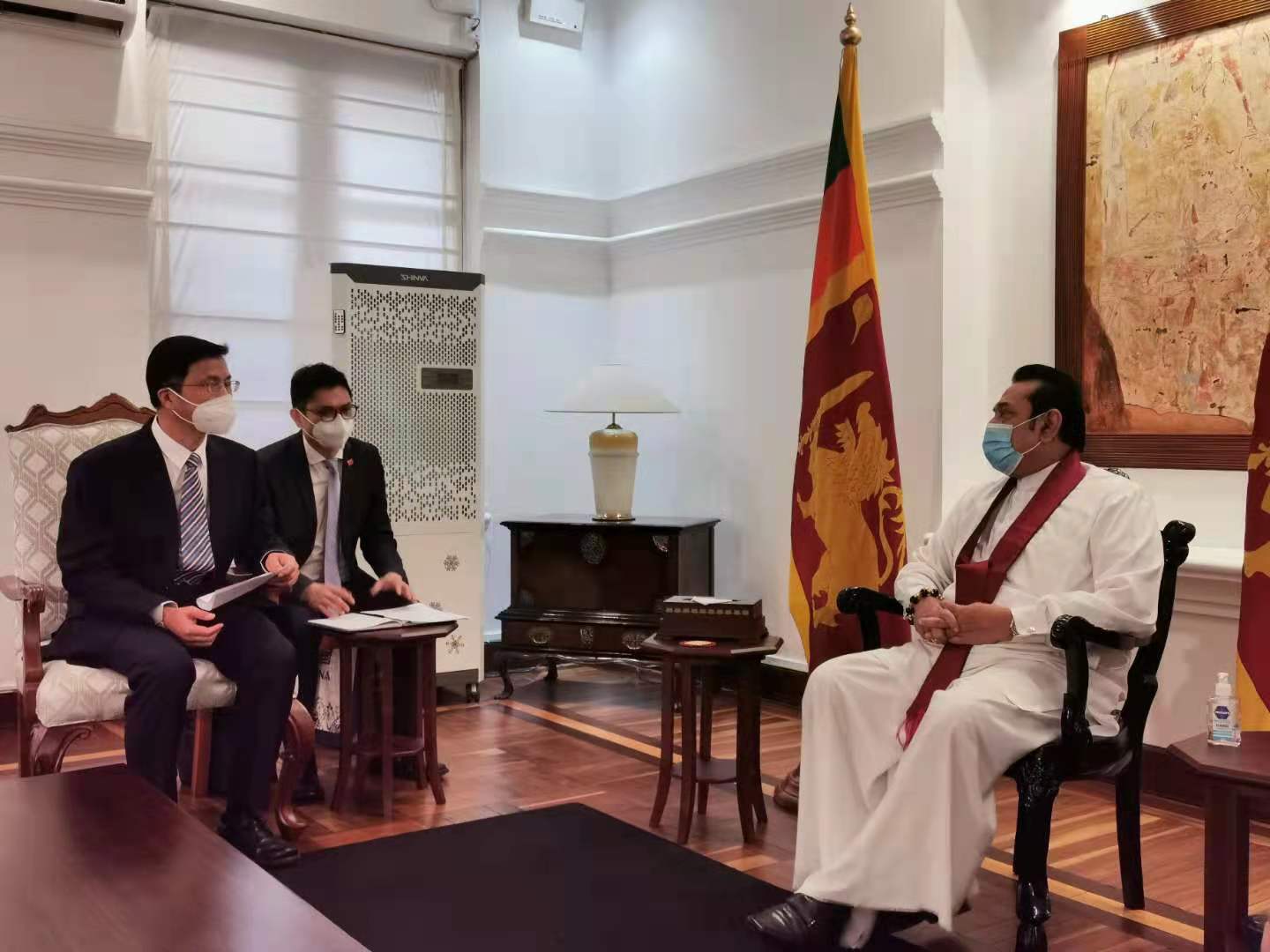
Sri Lankan prime minister Mahinda Rajapaksa and Chinese ambassador Qi Zhenhong, witnessed an agreement signing between China Harbour Engineering Company (CHEC) and Browns investment to commence the Colombo International Finance Centre (CIFC) Mixed Development Project in the Port City Colombo, as Chinese involvement in the project grows.
The Colombo Port City (CPC) is a large-scale urban development project constructed and operated by the CHEC. It will be the largest single foreign direct investment totalling around US$1.5 billion.
Browns Investment group, the strategic investment arm of LOLC Group, partnered with the CHEC via the incorporation of a special purpose vehicle company for the first phase of the CIFC Mixed development project. Around 450 million USD is estimated to have been invested in phase one of the project.
Rajapaksa stated, “attracting foreign direct investment is a key priority for our Government, and this landmark project is a strong indicator that Sri Lanka is now back in business.”
Ishara Nanayakkara, Chairman of BI and Deputy Chairman of LOLC Group, commented on the CIFC project stating, “we are pleased to partner with CHEC on this landmark venture that optimizes the true potential of Sri Lanka’s strategic location within South Asia and consider it as a privilege to be a partner in the establishment of CIFC as a unique, multifaceted project in the heart of the Central Business District of Colombo.”
“This project is well set to establish the Colombo International Finance Centre as a premier regional hub that attracts world-class players to employ a catalytic role in Sri Lanka, encompassing multi-dimensional value creation for the entire country,” Nanayakkara stated.
Chinese ambassador Qi Zhenhong, for Sri Lanka recently arrived in Colombo, aiming to “join hands” between the two countries.

Debt-trap Diplomacy
CHEC has also built a port in Sri Lanka’s Hambantota province. However, the country was unable to repay the debt forcing the government to relinquish majority control of the port in 2017 in lieu of repayment. This scenario became known as a cautionary tale highlighting the issue of "debt-trap diplomacy".
Read more here.
Sri Lanka's economy is currently in deep financial trouble and struggling amidst rising international debt repayments.


